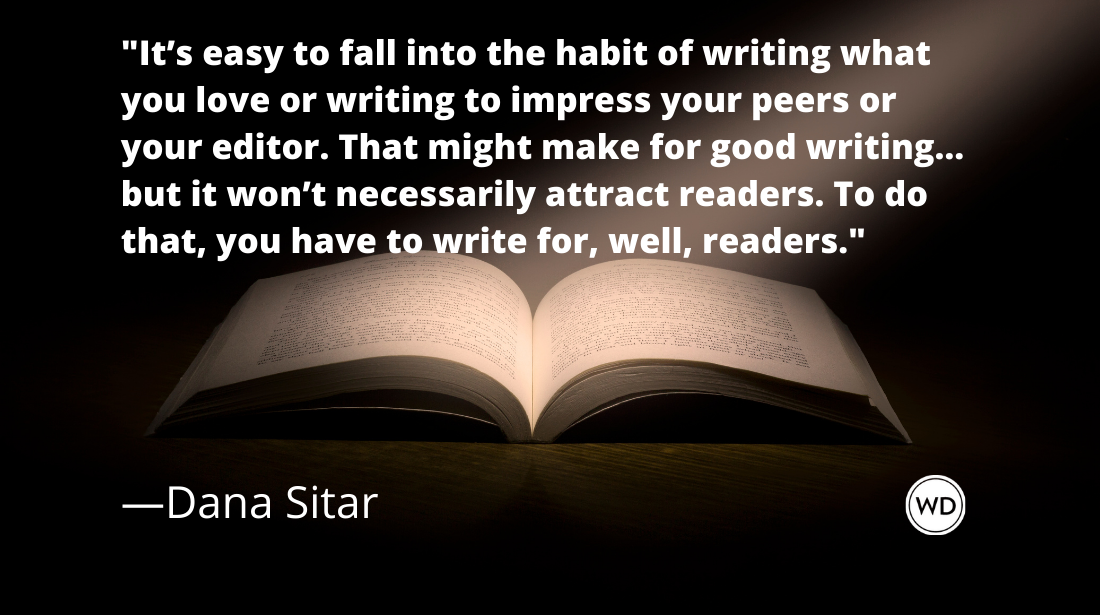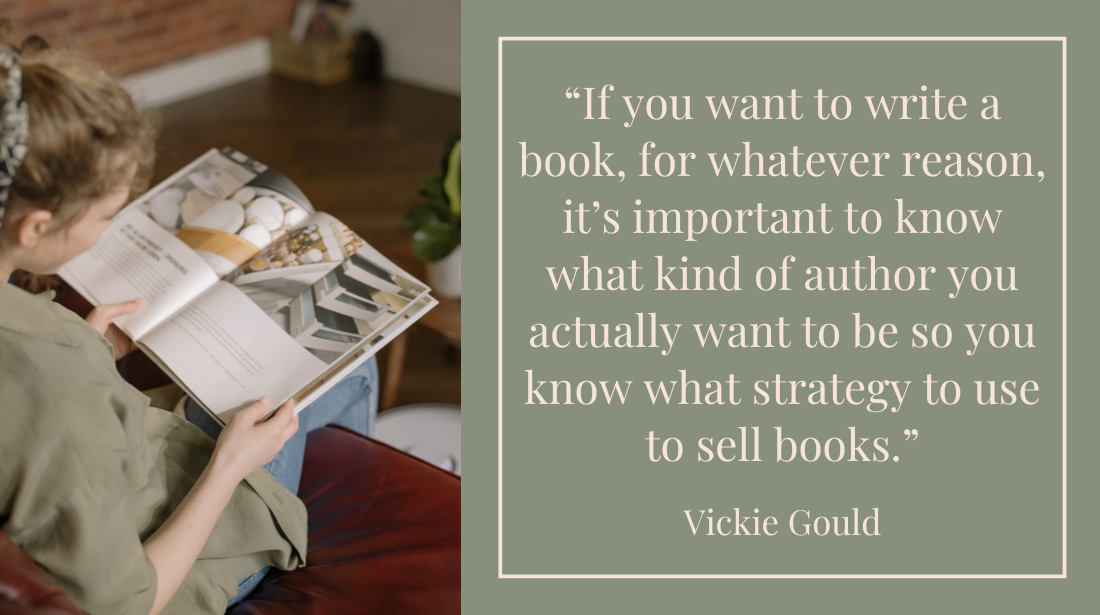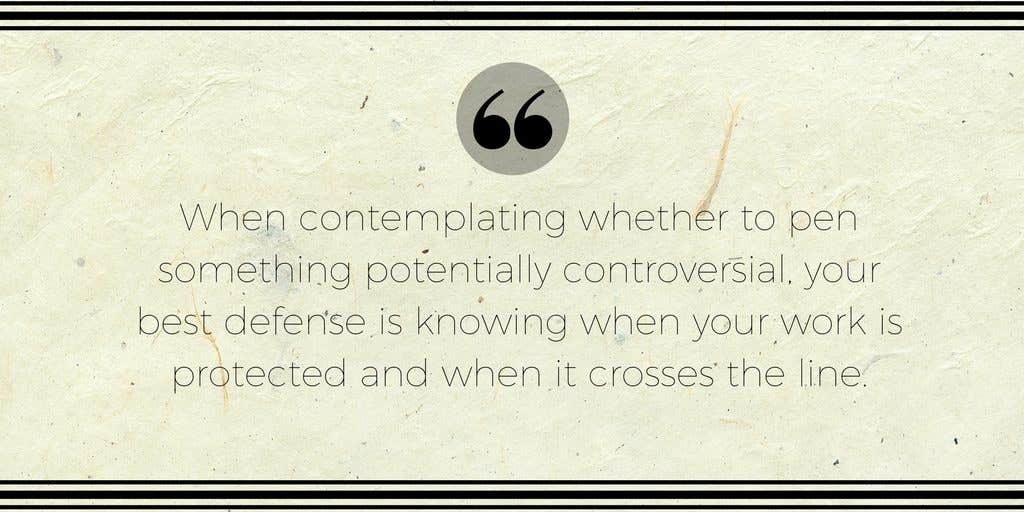M.F.A. Dreams
Aching to earn that creative-writing degree that got away? It’s never too late to prove you’ve got the write stuffespecially if you have real-world experience under your belt.
If you're anything like me, your bachelor's degree has served you well—first opening your mind enough to get along in polite society, then opening doors to keep you employed. Once in a while, however, it pops into your head that you should go back to school. Just think what you could do with a master's degree! The idea floats around awhile, and maybe you do a quick Google search to find the University of Iowa's Web site. After all, Iowa's M.F.A. program is to wannabe writers what Duke University is to high school M.V.P. basketball players. You've still got game—maybe they'll want you in the land of corn and poetry.
Soon, however, you see your dreams slip into the sudsy laundry, get run over by your rusty lawn mower or packed into the lunch sack of a rowdy teenager. Or maybe your boss, expecting more work in less time than ever, chews up the idea of graduate school right in front of you and spits it back out. As easy as it is to get carried away with your dreams, it's often easier just to let them go. But hold on a minute—maybe a master of fine arts degree isn't so far out of reach.
WHAT ARE YOUR GOALS?
First, you need to decide if earning an M.F.A. will really give you what you're looking for. How do you think that degree might help you as a writer, or even as a person? Do you feel stuck and want to take your writing to the next level? Will the interaction with students and faculty give you the kick in the pants you need to sit down and do the work? Will you learn something you haven't been able to discover with real-world experience? Will an M.F.A. help you get published or make you more employable?
IT'S ALL ABOUT WRITING
A burning desire to improve your writing is the No. 1 prerequisite for pursuing an M.F.A. The degree won't lead you to a magic portal in which you'll suddenly find publishing or teaching opportunities. But, while you shouldn't start with the premise that this will get your work published, the fact that your work will improve enhances your chances.
John Drury, an English professor at the University of Cincinnati, is a graduate of the University of Iowa's prestigious M.F.A. program. "The biggest benefit of that experience was the freedom to write and the chance to have my poems workshopped by teachers I admire and fellow students I respected," he says. "I also got plenty of invaluable teaching experience."
The best M.F.A. programs encompass more than your own writing; reading and critical analysis of other writers is also an important part of the work. "My writing instructor would suggest a reading list. The reading I did reflected a lot of the concerns I was working on in my own writing, and this work was as important as the writing," says Jeff Hillard, a graduate of the Warren Wilson College M.F.A. low-residency program for writers.
TRADITIONAL PROGRAMS VS. LOW RESIDENCY
Committing to a full-time traditional program probably means relocating for at least two years (unless you happen to live near a college or university that offers an M.F.A. in creative writing). You'll have to devote yourself full time to writing workshops and study. Of course, if you have a job, a house, a spouse and/or kids, this can be downright impractical.
"Several years ago, I had fleeting fantasies of selling my house, quitting my advertising job and changing my life completely to pursue a traditional M.F.A. program," says Leslie Clark. "But then I heard about low-residency programs while I was taking workshops at a local university." Clark investigated her options for pursuing an M.F.A., and it soon became clear that the low-residency programs were a good alternative. She applied to three such programs and ultimately chose Bennington College in Vermont.
Typically, at a low-residency program, you're matched with a writing teacher with whom you'll correspond via mail or e-mail. Hillard, who'd already earned a master of arts degree in English from the University of Colorado, was able to continue working as an English professor at the College of Mount St. Joseph in Cincinnati while pursuing his M.F.A. "From the beginning, my experience in the Warren Wilson program helped enormously," he says. "Not only did I learn more about the craft of writing—admittedly, I already had a pretty good handle on it to start with—but I felt immediately empowered. A lot of what I learned working one-on-one with my instructors continues to materialize."
It isn't easy to compare a low-residency program with a traditional full-residency program. If you choose an established, reputable low-residency program, the quality of the writing instruction can equal that of a full-residency program. However, you'll sacrifice teaching experience.
"There are no teaching assistantships available at low-residency programs," Drury says. "But that might be offset by the convenience of staying put while pursuing the degree." Although many programs offer financial aid and scholarships, the lack of teaching assistantships means fewer opportunities for reduced tuition.
As the name implies, there are residency requirements even in a low-residency program: typically two 10-day periods of intense workshopping per year. "Because of the relative brevity of the residencies, the workshop experience is even more heightened at a low-residency program," Hillard says.
CHOOSING A PROGRAM
Get a copy of The AWP Official Guide to Writing Programs (Dustbooks). Most credible writing programs belong to the Association of Writers & Writing Programs. The guide is updated annually and can be purchased online at www.awpwriter.org—a site that's full of helpful information about creative writing programs. The AWP Official Guide includes application requirements, contact information, faculty listings and advice for choosing a program that fits your needs.
Local writing professors or workshop instructors are another great source of information on which schools might fit your needs. Clark says this is especially true if you've spent time studying with a teacher.
Once you've narrowed down your choices, call or e-mail the director of the program. "You can determine a lot by the kind of response you get," Hillard says. Also, find out who the writers and teachers are at the programs you're considering and study their work. "If you like the writing of the instructors, you'll probably like the program."
PREPARING TO APPLY
Most programs have Web sites, which makes initial inquiries easy. Application requirements may include recommendations from undergraduate professors and current G.R.E. scores. That can be daunting if you're 20 years out of college with no idea where your old professors are, and you haven't taken a standardized test since you sat for the S.A.T. But don't let those line items shake you up. "Many writing programs are sensitive to the needs of older or returning students," Hillard says. "Be very candid about your burning desire to write and then submit your best work. Indicate what authors you've been reading and examining on your own."
"The workshops I took before graduate school helped me during the application process," Clark says. "I'd accumulated a body of work to use in my submissions, and I'd worked with writing professors who served as references. Workshops also gave me experience evaluating work and writing critical essays. Many M.F.A. programs ask for work of critical analysis as part of the submissions package."
Drury says recommendations don't necessarily have to come from professors. "They should, however, come from people who can talk about your work in a way that's relevant. An editor who's accepted and published your work could serve as an excellent reference."
If the schools you like do require a G.R.E. score and you're worried about the exam, take heart in the fact that they'll likely focus on scores from sections of the test related to your language abilities.
REAL-WORLD EXPERIENCE
An older student may even have a leg up on younger, less worldly writers. "I think returning students have an enormous advantage, in that they've experienced more things and have reached, presumably, a level of maturity that will make their commitment to writing deeper and stronger," Drury says.
"I've read and written poetry and fiction since I was a child," Clark says, "but I don't think I would've been able to handle the intense writing workshop experience right out of college. You have to be able to listen to someone say, 'I don't get what you're saying,' and then decide whether what the person is saying is valid."
THE REWARDS OF WORK
Confidence is the reward Clark mentions: "Now I know that I can keep working whether or not I'm feeling especially creative," she says. "I'm no longer afraid of writer's block. The fact that I now feel like a writer is important."
You'll also gain a sense of community while pursuing an M.F.A. "The friends I made during the time I spent studying at Warren Wilson are a constant source of support," Hillard says. "I'm still in touch with the network of writers, and they continue to energize me. A community of writers is so important in a writer's life. The expanded community you get at a good writing program is a big benefit."
M.F.A. Programs
Whether you're looking for a traditional M.F.A. program or a low-residency option, here's a listing of schools to check out.
LOW-RESIDENCY PROGRAMS:
Bennington College
Bennington College offers an M.F.A. in writing and literature, with concentrations in fiction, nonfiction or poetry. This low-residency program requires four semesters of 16 credit hours and five short-term residencies. Study at home in this low-residency program is expected to take 25 hours per week. For more information: (802)440-4453; www.bennington.edu.
Goddard College
Goddard College offers an M.F.A. in creative writing, with a focus on any genre or a mix of genres, including fiction, creative nonfiction, poetry, children's and young-adult literature, and screenplays. The program is a four-semester, two-year low-residency program, with a 10-day residency required per semester. For more information: (800)468-4888; www.goddard.edu.
Warren Wilson College
Warren Wilson offers an M.F.A. in creative writing, with concentrations in fiction and poetry. The program requires 60 hours of study completed in four low-residency semesters. Each student is also required to complete five separate 10-day residencies during his or her study. For more information: (828)771-3715; www.warren-wilson.edu.
TRADITIONAL PROGRAMS:
University of Iowa
The program, which is informally know as the Iowa Writer's Workshop, offers an M.F.A. in creative writing, poetry and fiction. A two-year residency is required. Financial aid and teaching assistantships are available. For more information: (319)335-0416; www.uiowa.edu.
University of Arizona
The University of Arizona offers an M.F.A. in creative writing, poetry, fiction and creative nonfiction. Residency with 36 credit hours required. Financial aid and teaching assistantships are offered to about half of M.F.A. students. For more information: (520)621-3880; www.arizona.edu.
Indiana University
Indiana University offers an M.F.A. in creative writing and an M.A. in English with a concentration on creative writing. Length of residency for the M.F.A. program is three years; two years for the M.A. Teaching assistantships are available and awarded by competition upon submission of manuscripts. For more information: (812)855-8224; www.indiana.edu.
Compiled from The AWP Official Guide to Writing Programs (Dustbooks).









